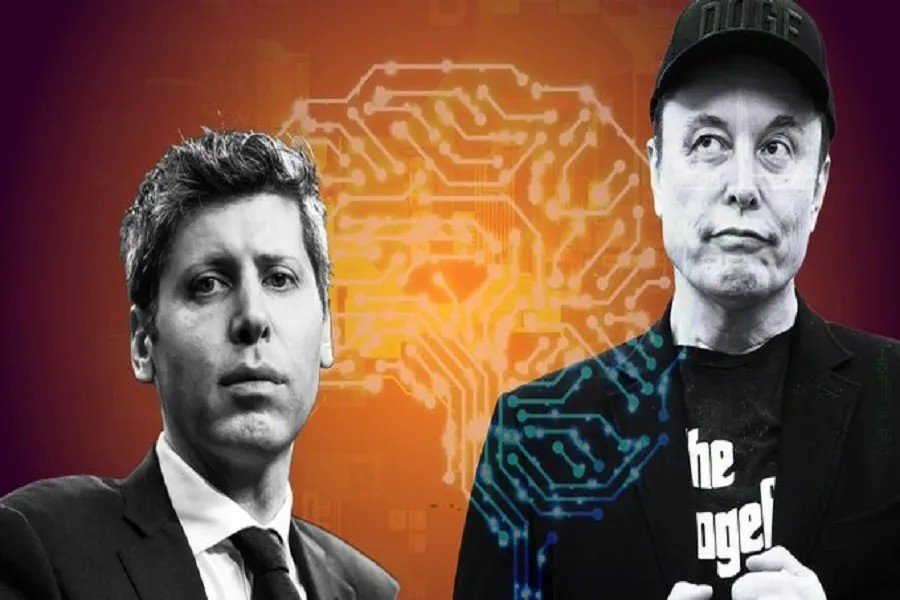
AI in the Human Body? Experts Warn of Ethical Risks
Billionaires and tech leaders in artificial intelligence, including OpenAI CEO Sam Altman (creator of ChatGPT) and Tesla founder Elon Musk, are leading projects to implant AI and biotechnology into the human body, a professor of philosophy told Anadolu, warning that ethical safeguards are critical to avoid “dehumanization,” CE Report quotes Kosova Press.
Altman is preparing to launch Merge Labs, a brain-computer interface startup, according to the Financial Times, which will compete directly with Elon Musk’s Neuralink.
Ahmet Dag, a professor at Bursa Uludag University in Turkey, said these projects aim to transcend the biological limits of humans by enhancing mental, physical, and psychological capabilities.
He noted that Ray Kurzweil, a former Google engineer, started most of the theoretical and practical debate on "transhumanism" years before Musk and Altman entered the field, KosovaPress reports.
“Technological singularity, which came to light with Musk’s Neuralink in 2021, seeks to transfer human consciousness to machines through brain-computer interfaces and implants. Sam Altman's involvement in this new initiative shows that this technology will transform healthcare and education, but also bring global economic and social shifts,” Dag said.
Dag emphasized that the driving force of transhumanism is humanity’s desire to constantly push boundaries and create new forms of existence.
“Conditions such as disease, aging, and death are intended to be overcome through these technologies — paralysis could be cured, or conditions like Alzheimer’s eliminated through implants and biotech interventions,” he said.
“Transhumanist advocates believe immortality is possible by transferring consciousness into machines. They claim this technology will play a key role in addressing global crises such as climate change, pandemics, and hunger — but it will also raise new social, ethical, and cultural debates,” he added.
Dag warned that brain-computer interfaces, AI implants, genetic engineering, and mind uploading could fundamentally change what it means to be human.
“If these projects are realized — even partially — the organic nature of humans and concepts such as consciousness, identity, free will, freedom, and equality will be called into question,” he said.
He stressed that humans are more than biological bodies or cognitive machines, but also cultural and metaphysical beings.
“These transhumanist projects view humans and life in material terms, but humans and life are multi-layered. If this complexity is ignored and people are treated as functional organisms, it could lead to the risk of 'dehumanization', which refers to the loss of true and essential human values. It is crucial that these technologies are guided and managed within a framework of justice, ethics, equality, and dignity — if left to market dynamics and the interests of those who monopolize power, humanity may be at great risk.”
Dag concluded that the technological singularity could liberate humanity if developed under frameworks of justice and ethics — but without them, it could enslave humanity.
“Ultimately, the real question is not how far technology can go, but what values allow those horizons to be reached,” he said.























